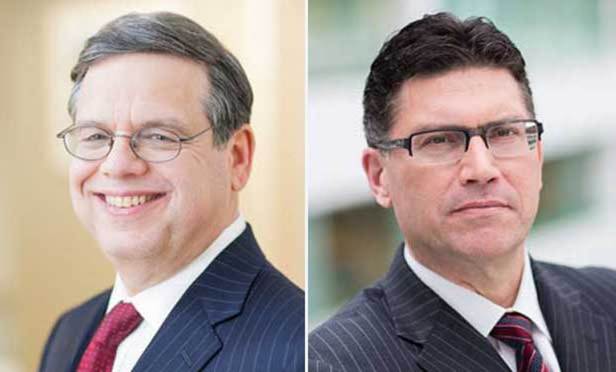Delaware’s borrowing statute provides that an action to enforce a cause of action that arises outside of Delaware cannot be brought in a Delaware court after the expiration of the applicable Delaware statute of limitations or the statute of limitations of the state or country where the cause of action arose, whichever is shorter. The rationale is to prevent plaintiffs from bringing suit in Delaware on claims that would otherwise be stale based on the law of the jurisdiction where the claims arose. In Saudi Basic Industries v. Mobil Yanbu Petrochemical, 866 A.2d 1 (Del. 2005), the state Supreme Court held that there were certain situations in which the borrowing statute did not apply, notwithstanding the literal language that would seem to make it applicable. The Saudi Basic case has led to some confusion regarding when the borrowing statute will not be applied according to its terms. In Trustco Bank v. Mathews, C.A. No. 8374-VCP (Del. Ch. Jan. 22, 2015), Vice Chancellor Donald F. Parsons Jr. sought to clarify this confusion.
In Saudi Basic, a Saudi corporation, Saudi Basic Industries Corp., brought a declaratory judgment action in Delaware that certain payments to it by a joint venture partnership were valid and did not violate their contract; the corporation’s joint venture partners counterclaimed to recover the payments, which they contended were improper. The cause of action arose in Saudi Arabia, which had no applicable statute of limitations, but the applicable limitations period under Delaware law had run. If the borrowing statute were applied in accordance with its terms, the counterclaims would have been barred. Instead, the Supreme Court affirmed the Superior Court’s determination that the claim was not barred by the borrowing statute. The court stated that applying the borrowing statute literally to require the use of Delaware’s shorter limitations period would “subvert the statute’s fundamental purpose by enabling [Saudi Basic] to prevail on a limitations defense that would never have been available to it had the overcharge claims been brought in the jurisdiction where the cause of action arose, i.e., Saudi Arabia.” The court explained that the borrowing statute is designed to address a specific kind of forum-shopping scenario (which the court termed the “standard scenario”) where a plaintiff brings a claim in a Delaware court that (1) arises under the law of another jurisdiction, and (2) is barred by that jurisdiction’s statute of limitations but would not be time-barred in Delaware, which has a longer statute of limitations. The borrowing statute operates to prevent the plaintiff from circumventing the shorter limitations period mandated by the jurisdiction where the cause of action arose.
This content has been archived. It is available through our partners, LexisNexis® and Bloomberg Law.
To view this content, please continue to their sites.
Not a Lexis Subscriber?
Subscribe Now
Not a Bloomberg Law Subscriber?
Subscribe Now
LexisNexis® and Bloomberg Law are third party online distributors of the broad collection of current and archived versions of ALM's legal news publications. LexisNexis® and Bloomberg Law customers are able to access and use ALM's content, including content from the National Law Journal, The American Lawyer, Legaltech News, The New York Law Journal, and Corporate Counsel, as well as other sources of legal information.
For questions call 1-877-256-2472 or contact us at [email protected]



